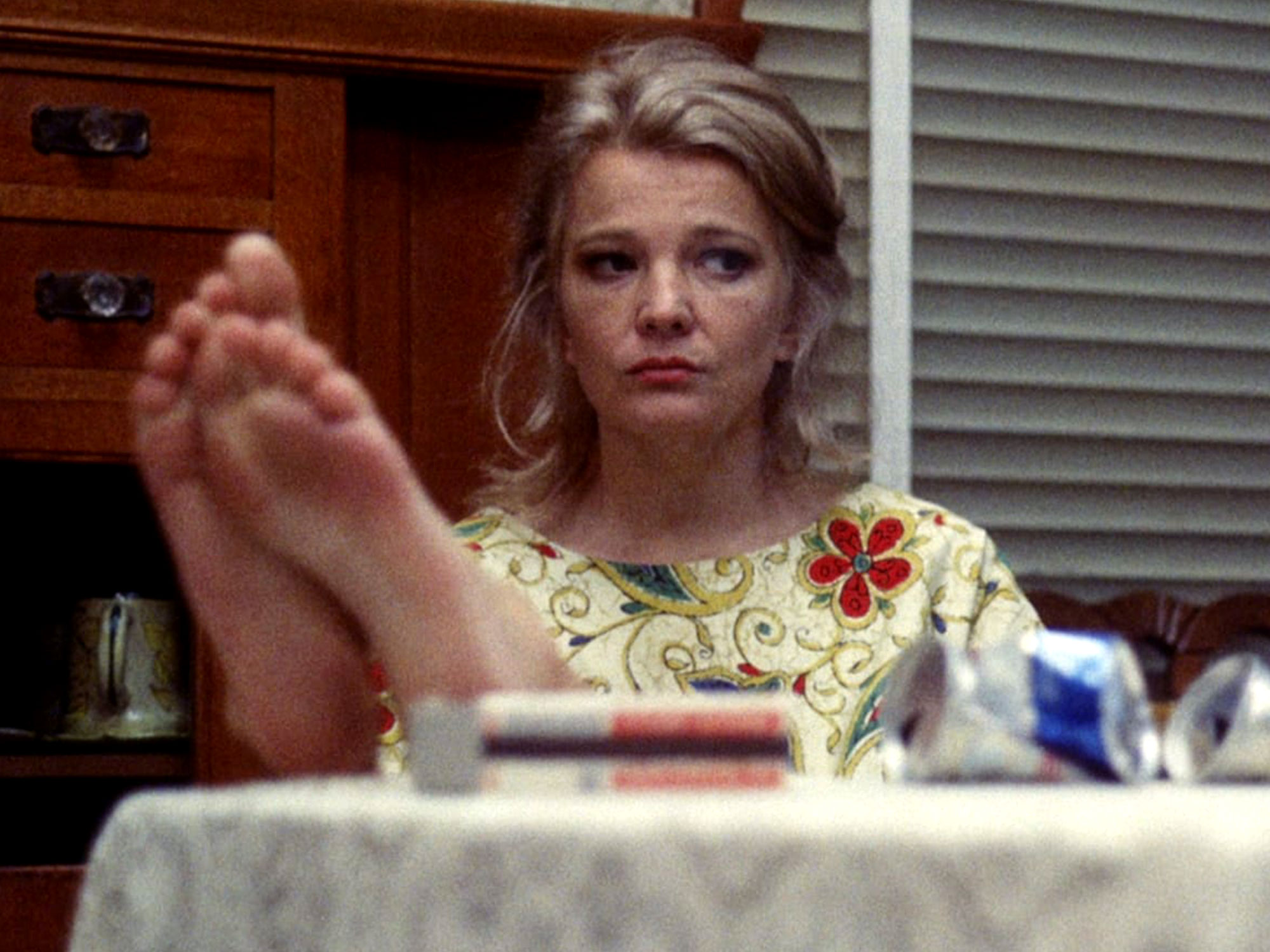
This uncompromising portrait of domestic turmoil details the emotional breakdown of a suburban housewife and her family’s struggle to save her from herself. Gena Rowlands and Peter Falk give unforgettably harrowing performances as a married couple deeply in love but unable to express their ardor in terms the other can understand.
EN
>
“A whole generation of critics misunderstood Cassavetes so spectacularly that the ones who are still around are probably too embarrassed to take a second look. The Gustav Mahler of cinema, Cassavetes was excoriated in his lifetime for formlessness, lack of focus and modulation, et cetera and ad infinitum. And, like Mahler, his work has come back after his death to haunt those who were so quick with their doctrinaire judgments. Actors Studio exercises, formless improvisations, and unmodulated emotionalism are all you’re going to see if you look at every movie with the expectation that it will/should be broken up into visually and behaviorally pointed units. Films like A Woman Under the Influence defy a century’s worth of film theory, screenwriting tips, and film school orthodoxy. When you look at a close-up in a film by almost anyone else, you’re looking at a representation of the idea of an emotion, no matter how detailed the acting. In Cassavetes, every blink, every shrug, every hesitation counts and drives the story forward.”
Kent Jones1
“Cassavetes’s world is vehemently anti-Freudian. He sought not the source an emotion but the exhilarating, harrowing, mixed-up fullness of the experience of the moment – and his characters flay themselves and each other to get at it. The cursed circle of male aggression and female turmoil (and, for Cassavetes, gender roles were always decisive) are part of the desperate love quest, the need to connect despite the constant chill of ultimate solitude.”
Richard Brody2
“A Woman Under the Influence presents several scenes of tremendous warmth, with sincere camaraderie, clumsiness, and sensitivity. At the same time, Nick’s inability to relate to Mabel’s affliction leads to explosive aggression and threats of violence. He dominates Mabel by being gruff, impatient, and sometimes brutally honest, but still she brims with great enthusiasm and vivacity. Mabel is thus an archetypal Cassavetes character, one mirroring his own brand of filmmaking. Like Cassavetes’ cinema, she creates unnerving situations, but as if eschewing the tendency for analysis, which Cassavetes often did in relation to his films, one of Nick’s biggest mistakes when it comes to Mabel is to rationalise her manner. While Cassavetes argues Mabel’s disquiet should not be surprising, stating, ‘I don’t put ‘fully competent’ women into my films because I don’t know any ‘fully competent’ anyone’.”
Jeremy Carr3
- 1Kent Jones, “A Woman Under the Influence: The War at Home,” The Criterion Collection, 23 October 2013.
- 2Richard Brody, “Seeing John Cassavetes,” The New Yorker, 2 July 2013.
- 3Jeremy Carr, “Cassavetes, John,” Senses of Cinema, July 2016.

